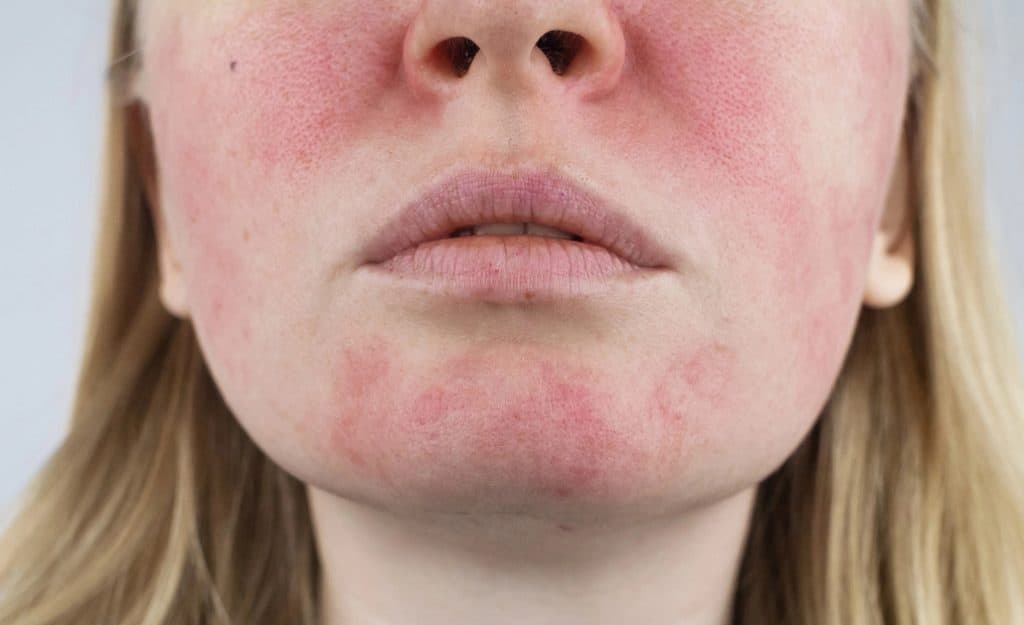Male hormonal health is often framed around age or medical interventions, yet nutrition quietly governs much of testosterone, libido, energy, and mood. Beyond simply “eating well,” subtle deficiencies in minerals, vitamins, protein, and healthy fats can disrupt endocrine balance long before symptoms appear. For men over 35, understanding how these nutrient gaps influence hormones offers a proactive pathway to sustained vitality, metabolic health, and sexual wellness that conventional discussions rarely explore.
Key Nutrients That Influence Male Hormones
Male hormones are highly sensitive to subtle variations in nutrient intake, yet many men overlook these connections. Zinc plays a central role in testosterone production and sperm health, while vitamin D not only supports hormone synthesis but also influences mood and sexual function. Magnesium helps maintain free testosterone levels and aids muscle recovery, and adequate protein intake provides the building blocks for hormone production and lean body mass. Omega-3 fatty acids reduce inflammation, improve insulin sensitivity, and support testosterone balance. Even minor deficiencies in B vitamins, selenium, or antioxidants can ripple across the endocrine system, subtly suppressing libido, energy, and metabolic efficiency. Recognizing and correcting these gaps can dramatically improve male hormonal resilience.
Common Nutritional Deficiencies in Midlife Men
As men age, subtle nutrient gaps can quietly undermine testosterone, energy, and overall hormonal balance. Zinc and magnesium deficiencies are particularly common, reducing testosterone production and impairing muscle recovery. Vitamin D insufficiency affects mood, libido, and bone health, while B vitamin gaps can decrease energy metabolism and stress resilience. Many men also consume insufficient protein or essential fatty acids, limiting the building blocks for hormone synthesis. Lifestyle factors—highly processed foods, excessive sugar, and alcohol—further exacerbate these deficiencies, disrupting insulin and sex hormone balance. Identifying these silent gaps is crucial, as even mild imbalances can gradually erode vitality, libido, and metabolic efficiency over time.
Dietary Strategies to Support Male Hormone Health
Optimizing male hormones through diet requires more than generic “eat healthy” advice—it demands targeted nutrition that supports testosterone, insulin sensitivity, and overall endocrine function. Here are evidence-based strategies rarely highlighted in conventional discussions:
- Incorporate Zinc-Rich Foods: Shellfish, pumpkin seeds, and grass-fed beef supply zinc, which is essential for testosterone production and sperm health. Even mild deficiency can subtly suppress male hormones.
- Prioritize Vitamin D Sources: Fatty fish, fortified foods, and sensible sun exposure boost vitamin D, which influences testosterone, mood, and libido. Supplements may be necessary in regions with limited sunlight.
- Optimize Magnesium Intake: Leafy greens, nuts, seeds, and whole grains support free testosterone levels and promote muscle recovery, while also improving sleep quality, a key factor in hormone balance.
- Emphasize High-Quality Protein: Eggs, poultry, lean meats, and plant-based proteins provide the amino acids necessary for hormone synthesis and maintaining lean body mass, which itself supports endocrine function.
- Include Omega-3 Fatty Acids: Fatty fish, walnuts, chia seeds, and flaxseed reduce inflammation, improve insulin sensitivity, and support testosterone production.
- Balance Blood Sugar Through Whole Foods: Minimizing refined carbs and sugar stabilizes insulin, preventing disruptions in testosterone and cortisol rhythms.
- Use Herbs and Targeted Supplements Wisely: Ashwagandha, fenugreek, and other evidence-backed botanicals can enhance testosterone and reduce cortisol, while micronutrient supplements fill common gaps.
- Meal Timing and Hormonal Support: Aligning protein intake with activity levels and spreading nutrients throughout the day may help sustain testosterone and optimize muscle-building potential.
- Hydration and Electrolyte Balance: Proper water and mineral intake support cellular function, blood volume, and nutrient transport, indirectly affecting hormonal regulation.
Integrating these dietary strategies creates a foundation for male hormone optimization that goes beyond supplements or exercise alone, helping men over 35 sustain energy, libido, and metabolic resilience.
Integrating Nutrition with Lifestyle for Hormone Optimization
Nutrition is only one piece of the hormone optimization puzzle—its effects are amplified when combined with strategic lifestyle practices. Strength training and resistance exercise enhance testosterone production and insulin sensitivity, while adequate sleep supports growth hormone release and cortisol regulation. Stress management techniques, such as meditation or breathwork, prevent chronic cortisol elevation that can suppress testosterone. Even timing meals around activity helps stabilize blood sugar and supports hormone synthesis. When these elements are layered—nutrient-rich foods, proper exercise, sleep, and stress modulation—they create a synergistic effect that preserves energy, libido, and metabolic health, turning everyday choices into a proactive system for long-term male hormonal resilience.
Practical Meal Planning Tips for Men Over 40
Creating meals that support male hormones goes beyond calorie counting—it’s about nutrient timing, quality, and variety. Prioritize protein-rich breakfasts, such as eggs with leafy greens or Greek yogurt with nuts, to kickstart testosterone production and stabilize blood sugar. Include healthy fats like avocado, olive oil, and fatty fish at lunch and dinner to support hormone synthesis. Incorporate zinc- and magnesium-rich snacks, such as pumpkin seeds or almonds, to prevent micronutrient gaps. Limit refined sugars and processed carbs, which can disrupt insulin and testosterone balance. Planning meals around activity—like consuming protein post-workout—enhances muscle repair and hormonal support. Consistency in these strategies creates a daily framework that sustains energy, libido, and metabolic health.
Lifestyle Habits That Amplify Nutritional Support for Hormones
Even the most nutrient-dense diet can be undermined by lifestyle factors. Regular strength training boosts testosterone and insulin sensitivity, while adequate sleep enhances growth hormone release and supports cortisol regulation. Stress management practices, like meditation, breathwork, or short mindful breaks, prevent chronic cortisol elevation that can suppress male hormones. Limiting alcohol, avoiding excessive processed foods, and maintaining a healthy body composition further reinforce nutrient absorption and hormone synthesis. Together, these habits create a synergistic system where diet and lifestyle work in harmony to sustain energy, libido, and overall endocrine resilience.
Conclusion
Nutritional choices profoundly influence male hormones, affecting testosterone, libido, energy, and overall vitality—yet subtle deficiencies often go unnoticed. By prioritizing key nutrients like zinc, vitamin D, magnesium, and omega-3s, while combining smart protein intake with blood sugar stabilization, men over 40 can proactively support hormonal balance. When paired with exercise, stress management, and restorative sleep, these strategies form a comprehensive approach to male endocrine health. If you’re ready to optimize your hormones and reclaim energy, libido, and vitality, visit LifeGaines Medical and Aesthetics Center or call (561) 931-2430 to schedule an appointment with our expert team and develop a personalized nutrition and hormone optimization plan.

Dr. Richard Gaines is the Chief Medical Officer of LifeGaines Med Spa in Boca Raton. He attended the Boston University School of Medicine, completed an internship at the Tufts University of Medicine, and his residency at the Harvard School of Medicine. Today, Dr. Richard Gaines is at the forefront of the rapidly evolving sexual health paradigm. He continues to innovate with new anti-aging treatments to enhance and extend the lives of his patients. His effective forms of regenerative medicine, hormone therapy, and wellness treatments are designed to help people of all ages improve their energy, drive, sexual health, and overall wellness goals.


